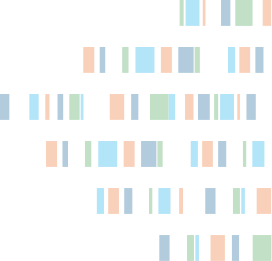Elucidating the evolution of recently diverged and polyploid-rich plant lineages may be challenging even with high-throughput sequencing, both for biological reasons and bioinformatic difficulties. Here, we apply target enrichment with genome skimming (Hyb-Seq) to unravel the evolutionary history of the Alyssum montanum-A. repens species complex. Reconstruction of phylogenetic relationships in diploids supported recent and rapid diversification accompanied by reticulation events. Of the four main clades identified among the diploids, three clades included species from the Alps, Apennine and Balkan peninsulas, indicating close biogeographic links between these regions. We further focused on the clade distributed from the Western Alps to the Iberian Peninsula, which comprises numerous polyploids as opposed to a few diploids. Using a recently developed PhyloSD (phylogenomic subgenome detection) pipeline, we successfully tracked the ancestry of all polyploids. We inferred multiple polyploidization events that involved two closely related diploid progenitors, resulting into several sibling polyploids: two autopolyploids and six allopolyploids. The skewed proportions of major homeolog-types and the occurrence of some minor homeolog-types, both exhibiting geographic patterns, suggest introgression with the progenitors and other related diploids. Our study highlights a unique case of parallel polyploid speciation that was enhanced by ecological and geographic separation and provides an excellent resource for future studies of polyploid evolution.

Home » Phylogenetic challenges in a recently diversified and polyploid-rich Alyssum (Brassicaceae) lineage: low divergence, reticulation and parallel polyploid speciation
Publications
Phylogenetic challenges in a recently diversified and polyploid-rich Alyssum (Brassicaceae) lineage: low divergence, reticulation and parallel polyploid speciation
myBaits
Daicel Arbor Biosciences
5840 Interface Dr. Suite 101,
Ann Arbor, MI 48103
1.734.998.0751Ann Arbor, MI 48103
©2024 Biodiscovery LLC
(d/b/a Daicel Arbor Biosciences)
All Rights Reserved.
(d/b/a Daicel Arbor Biosciences)
All Rights Reserved.
Design and development by Raincastle Communications.
